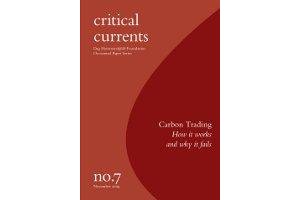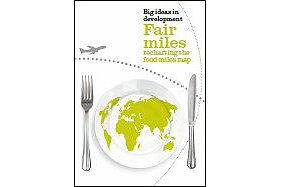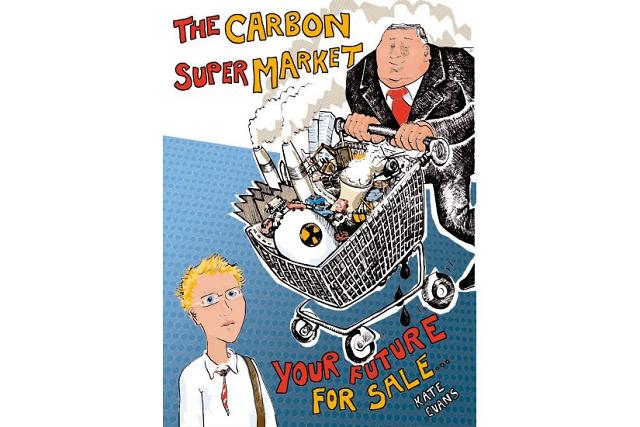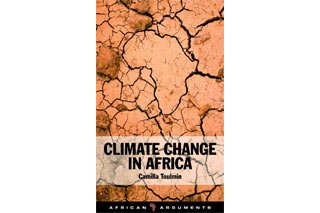Dictatorship presents ’a far more perilous threat to the survival of Africans than climate change’, Alemayehu G. Mariam writes in this week’s Pambazuka News. But with the widespread acknowledgement that global warming ‘could affect Africa disproportionately’, and that the continent is ‘entitled (…)





